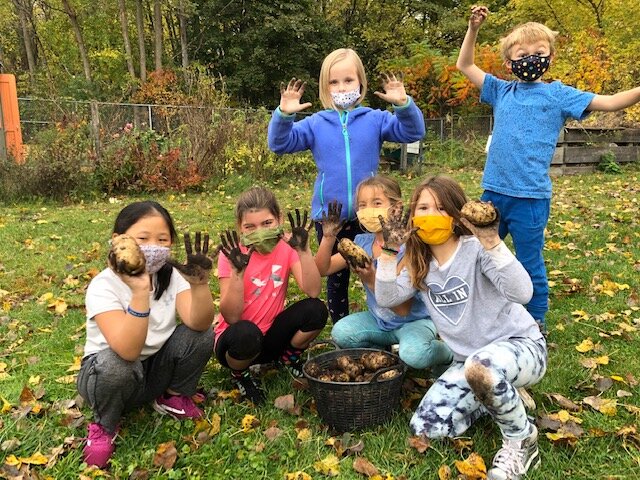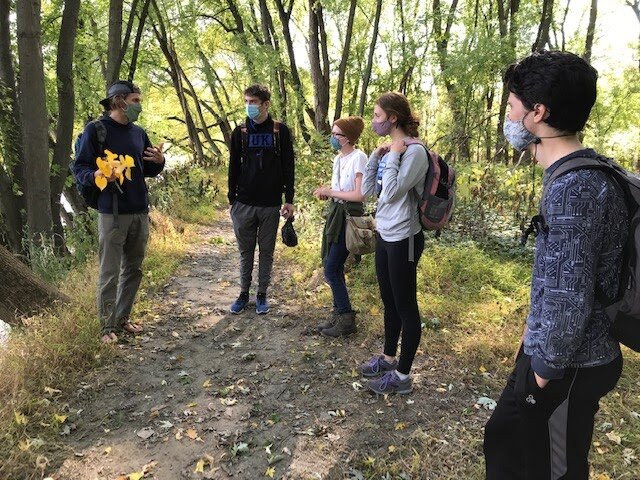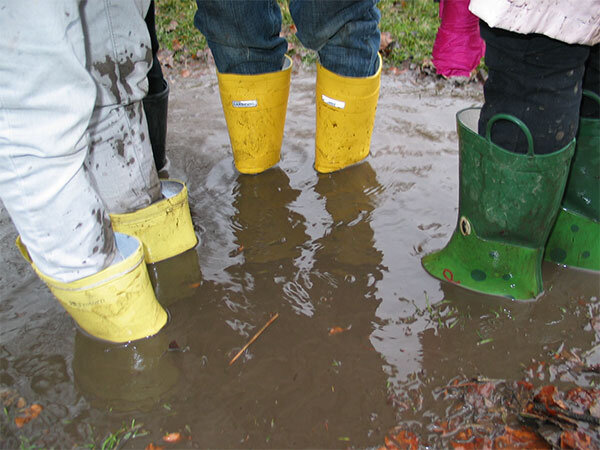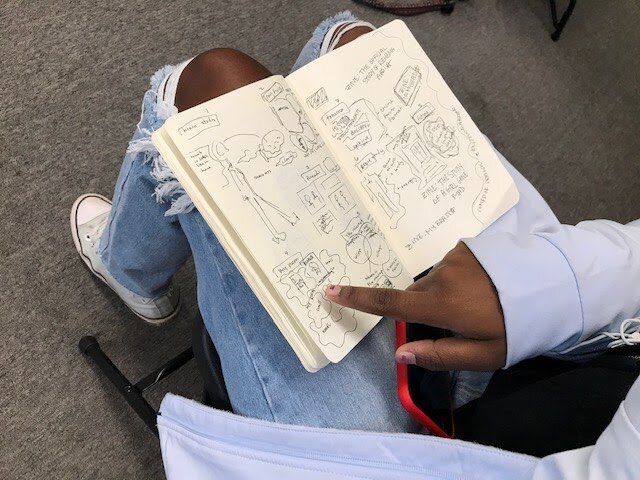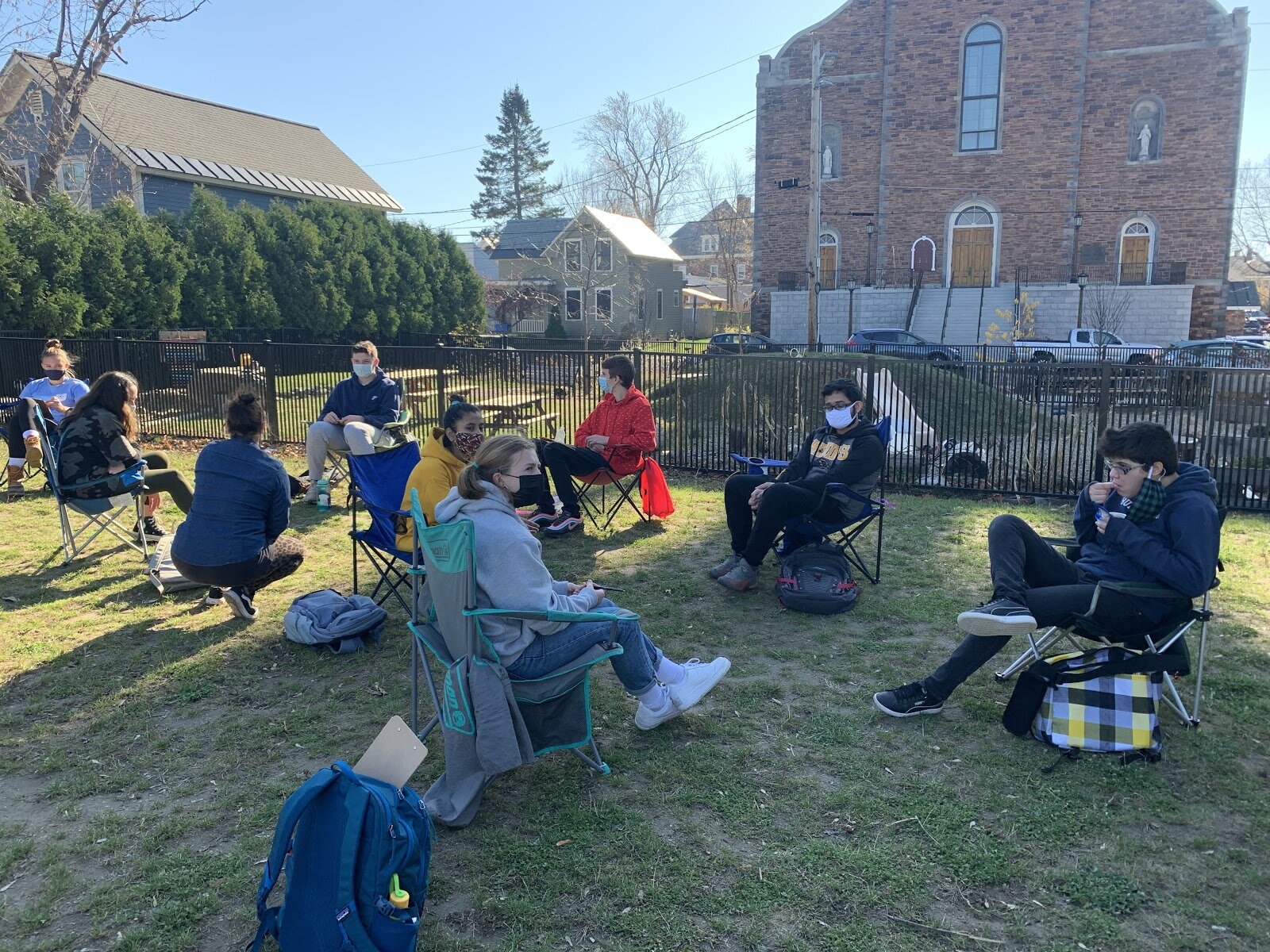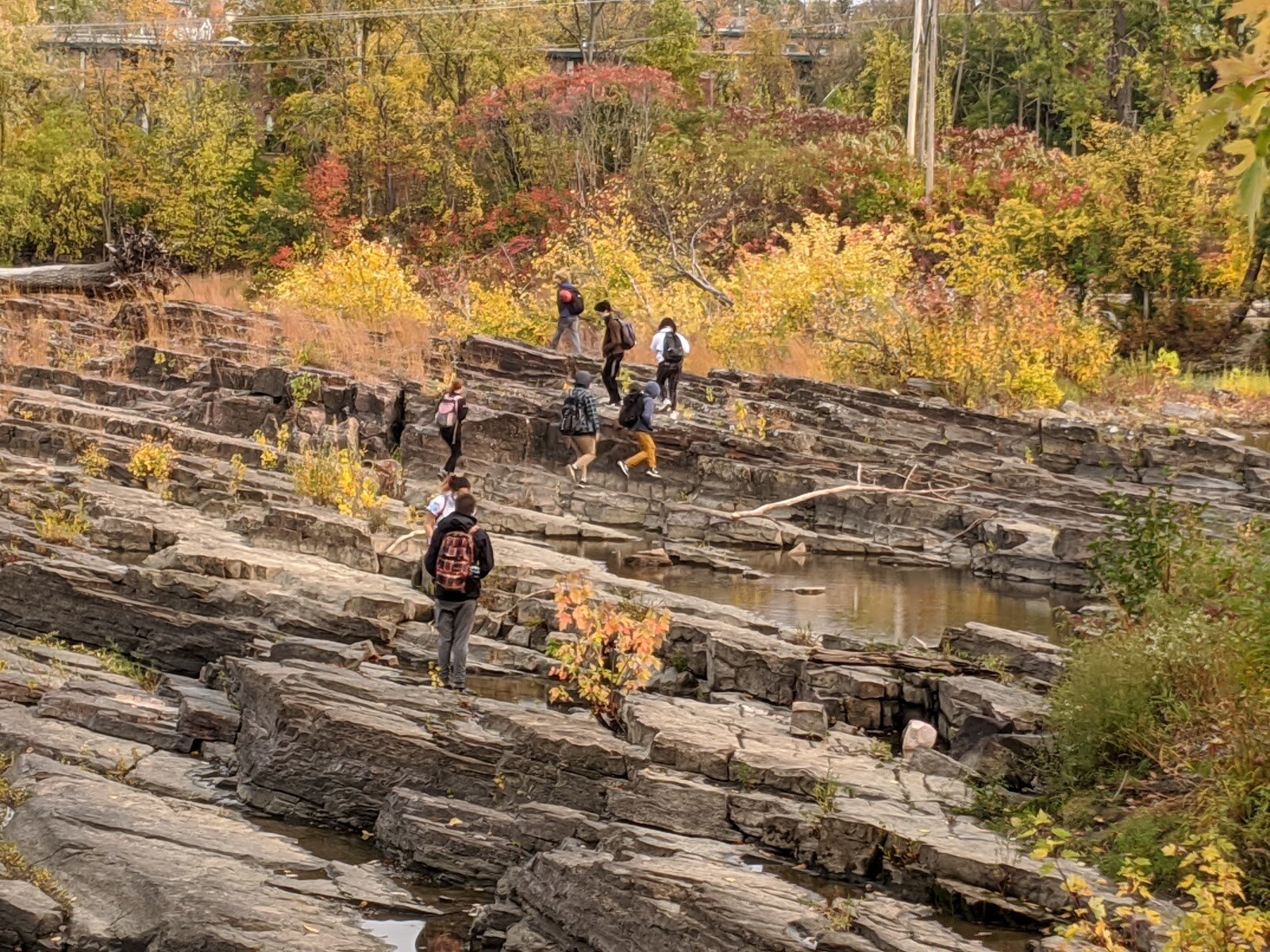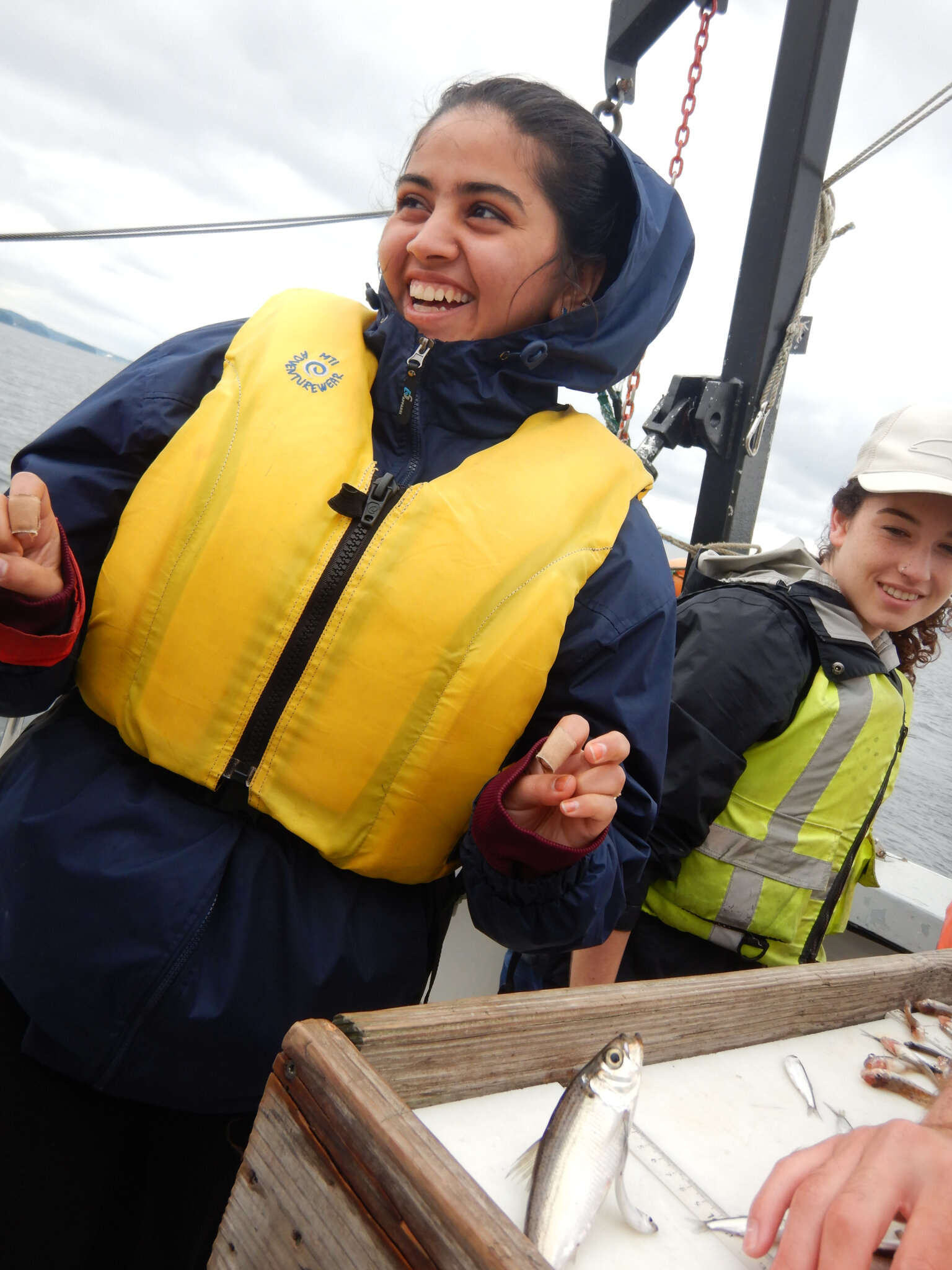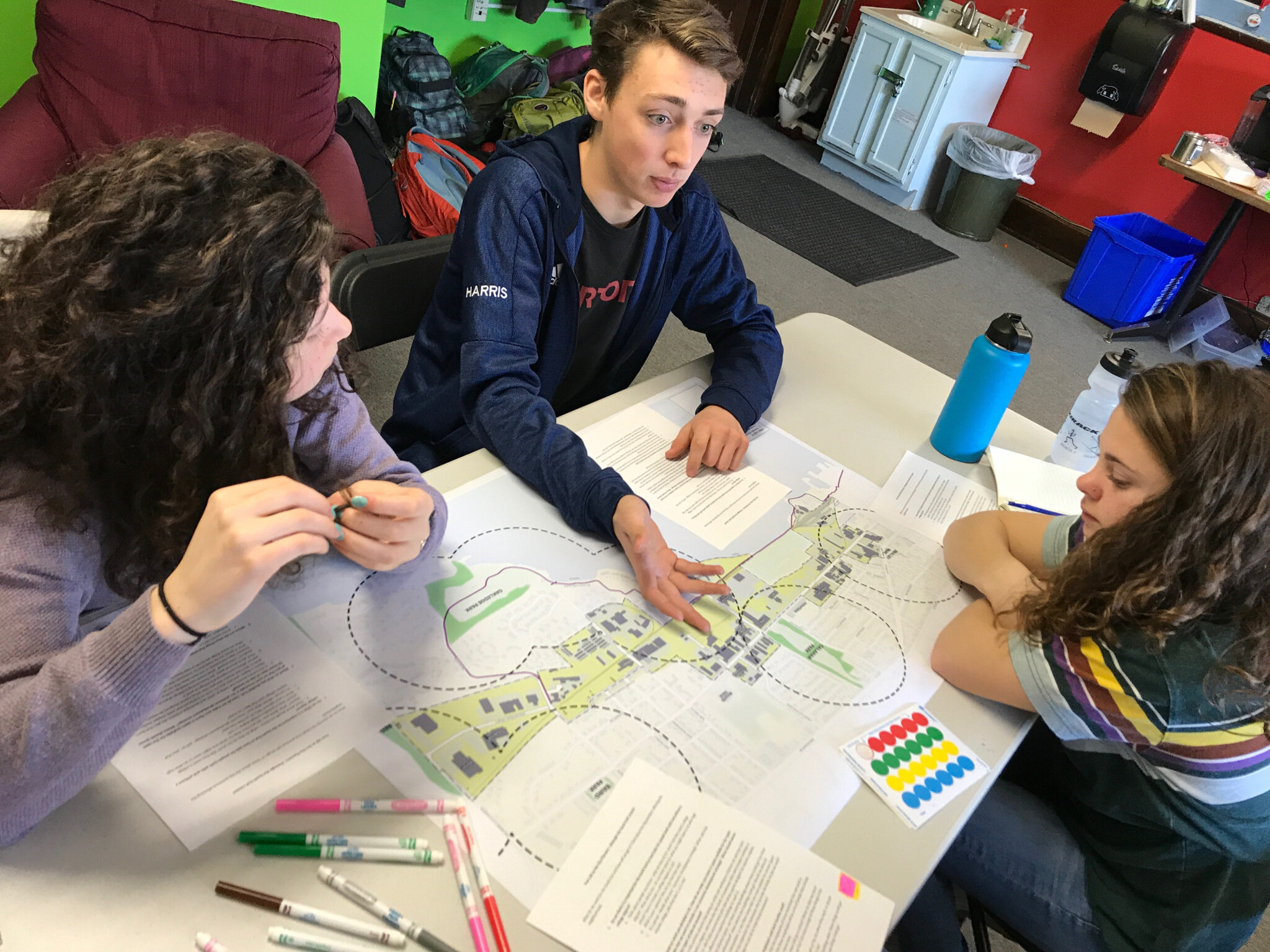Place-Based Education
Connecting learners and communities to increase engagement, academic outcomes, and local impact.
Place-based education (PBE) is one of the oldest, most effective vehicles for deep and meaningful engagement in learning. High quality PBE focuses on relationships between young learners and their communities - human and environmental - that spark curiosity, fuel passion, and sustain engagement and civic action. Place-based education ignites curiosity and wonder, exposes and breaks down inequities, and helps builds vibrant and sustainable futures.
New VTLFF Place Based Education Resource!
“Place-based education is a vibrant approach to education that takes students out into their communities, to learn, to do and to grow as human beings. Students are given the opportunity to learn subject matter in deep and lasting ways, understand the places in which they live and participate in authentic community renewal projects that make a difference to themselves, to others, and to the world around them. By “engaging the local,” place-based education opens a wide range of possibility for purposeful engagement for all learners.” - from the abstract. Read more!
centering Equity in Place-Based Education
Historically, place-based education centers cultivating ecological awareness of the interconnectedness between human and “more-than-human” species, most often in a rural context. Critical pedagogy is oriented towards social justice, probing power and oppression in the context of human, political and economic relationships, generally in an urban context. A Critical Pedagogy of Place merges ecological and social justice orientations toward learning in place through learning that is equity-centered and decolonizing, relevant and purposeful.
Critical Pedagogy of Place (brief overview). Kathleen Kesson
The Best of Both Worlds: A Critical Pedagogy of Place. David Gruenewald
Settler Traditions of Place: Making Explicit the Epistemological Legacy of White Supremacy and Settler Colonialism for Place-Based Education. Gardner Seawright
Speaking back to Manifest Destinies: a land education-based approach to critical curriculum inquiry. Dolores Calderon
Mindsets and Modes of Liberatory Design - tools for curriculum, project or program design
Annotated Bibliography of Equity and PBE. Christina Wild - contact here to share feedback.
community-based learning is place-based Education
Community-Based Learning (CBL) provides a broad framework with multiple entry points for different learner interests and modalities than some versions of PBE, but the fundamental elements are the same: connecting learners with their community in ways that inspire, . CBLis embedded in many Vermont school systems and is foundational for many of the state’s Career and Technical Education and work-based learning programs, making it a powerful lever for increasing understanding and engagement with PBE by learners and the community at large.
Additional PBE Resource Highlights - cutting edge and classics
“When curriculum design intentionally weaves in the concerns and contexts of students’ lives, there is the opportunity for schools and communities to publicly reconsider what it means to be a literate human being.” - Amy Demarest, Reading the World
Vermont Exemplar - What’s the Story: The Vermont Youth Social Action Network
The Promise of Place - web resource hub
Shelburne Farms Education & Sustainable Schools Project - professional learning
Learning Model, Framework, and Implementation Research Base - curated PBE research
School’s Out(doors): PBE Responds to COVID-19 and Beyond - pandemic response
Land as pedagogy: Nishnaabeg intelligence and rebellious transformation - Leanne Betasamosake Simpson
Braiding Sweetgrass - Robin Wall Kimmerer
We’d love to hear and share more success stories of PBE in Vermont - let’s get the word out!
Recognition and gratitude to Burlington City and Lake and Shelburne Farms for sharing many of the images on this page.

